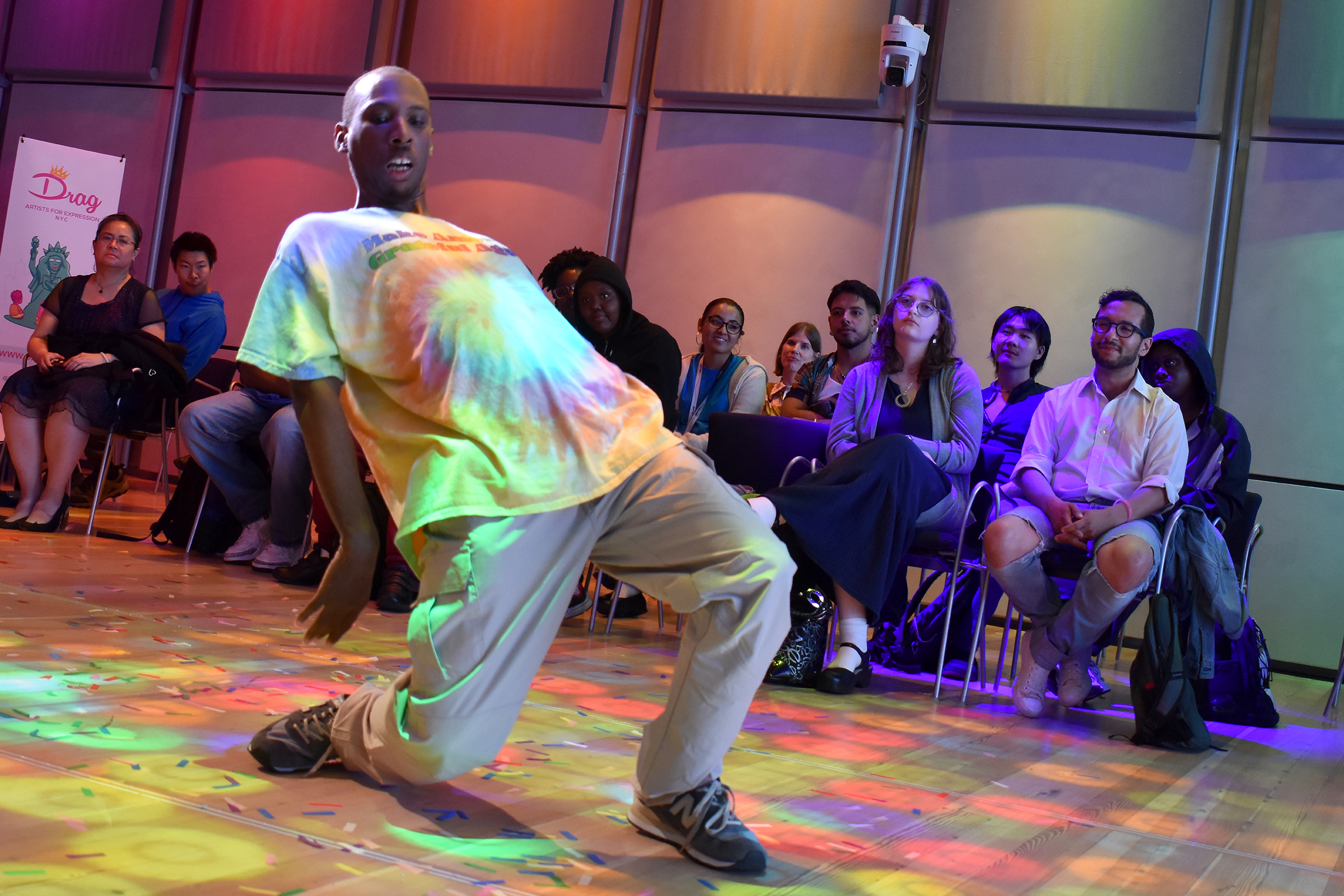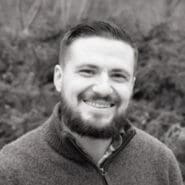The Radical Joy Ball celebrated its third annual edition at the Whitney Museum on Wednesday, June 18. The event, organized by ADAPT Community Network with participation from other disability service providers including AHRC NYC, celebrates the self-expression and recognizes, honors, and celebrates New Yorkers who are LGBTQ+, BIPOC (Black, Indigenous, and People of Color), and living with a disability.
LGBTQ Pride and Disability
According to the Human Rights Campaign, (HRC) people identifying themselves with the LGBTQ community are “significantly more likely than non-LGBTQ+ adults to self-report having at least one disability.” This intersectionality increases the potential for discrimination, abuse, and adverse socio-economic outcomes.
THE HRC says “Taken together, these troubling trends serve as a call to action for educators, service providers, healthcare professionals and employers to create more inclusive environments for disabled LGBTQ+ people throughout life and all spaces of daily living.”
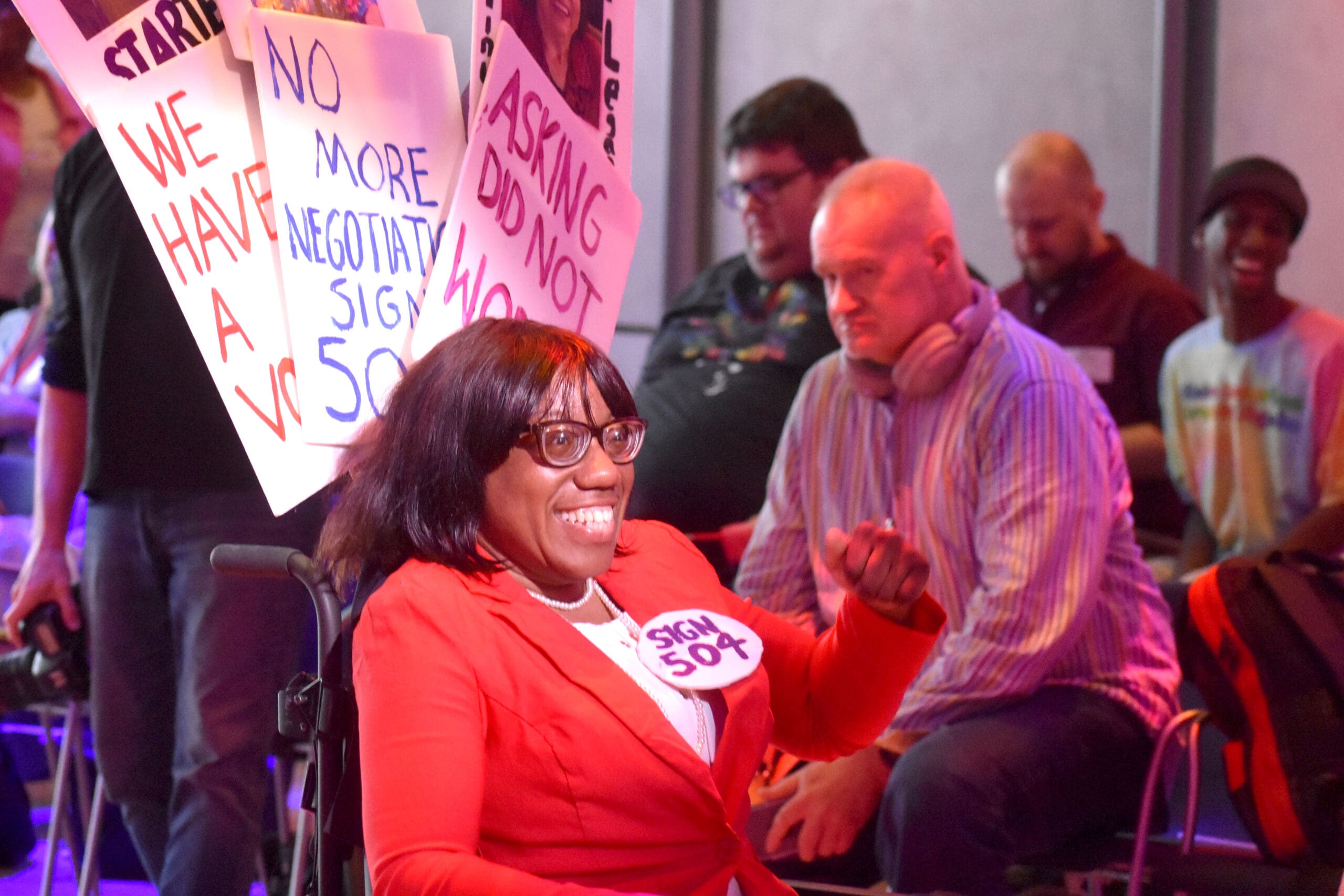
Disabled LGBTQ activists throughout history include Barbara Jordan, Martha P. Johnson, Bobbie Lea Bennett, and Morty Manford, along with many modern-day activists who spread their messages of equality through YouTube and other mediums.
Recognizing Pride Month with Radical Joy
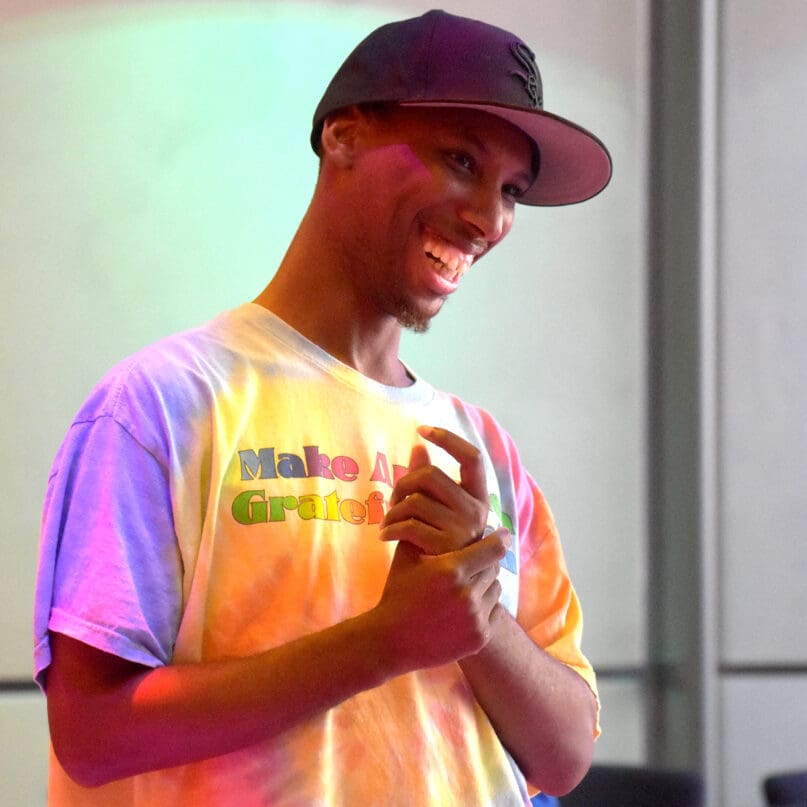
The Radical Joy Ball featured people with disabilities dressing up as their favorite gay rights and civil rights activists, dance performances from professionals including AHRC NYC’s Jamel Mills, and inspirational stories from LGTBQ activists. The event ended with any person in the audience getting the opportunity to walk the runway and a dance party open to all.
“My high school teacher said I would never make it to the stage,” said self-advocate Michael Carbonaro. “But through my work with Arts for Autism, I made it to the Gershwin Theater, the home of Wicked.”
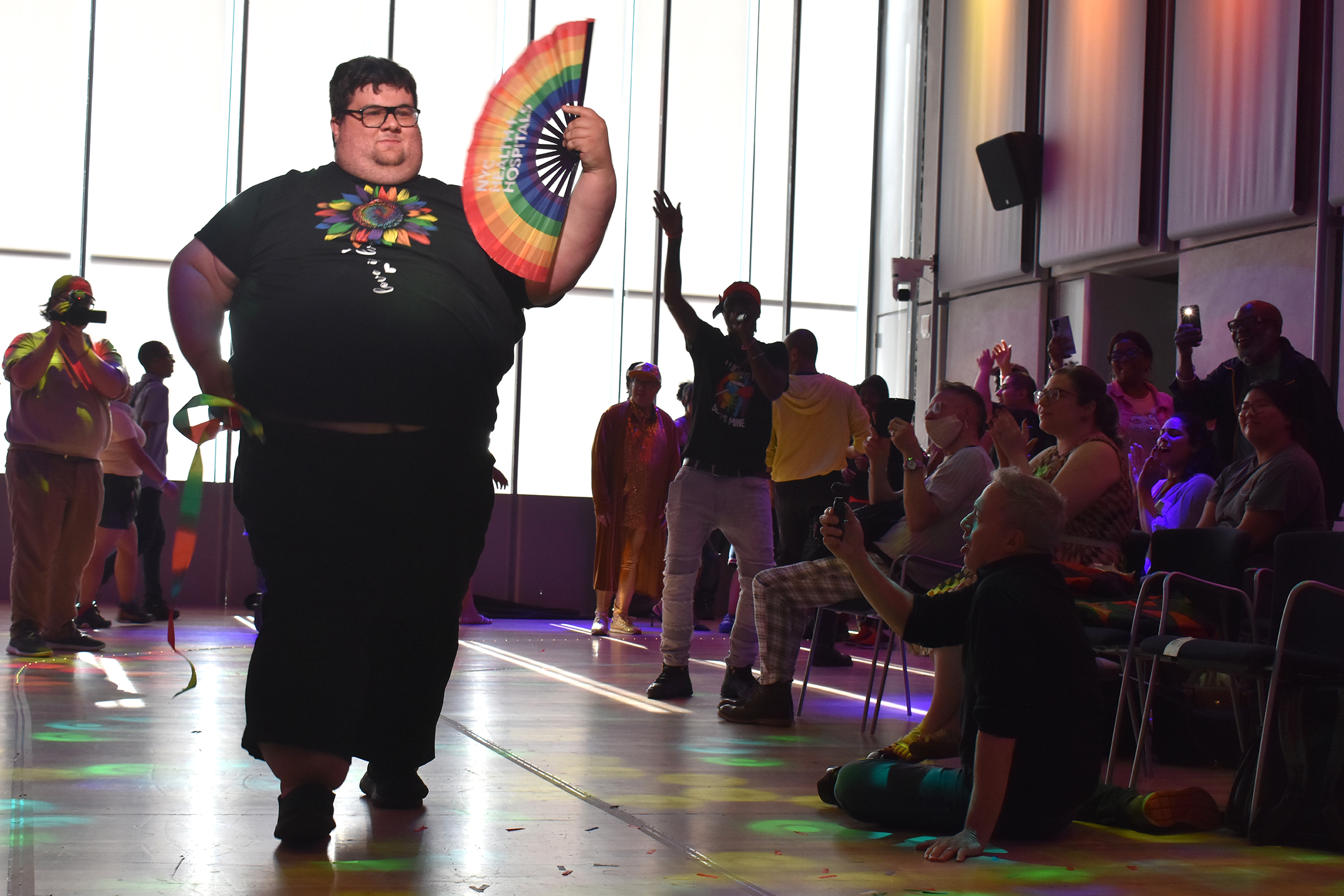
Fatimah Howard, Curriculum Developer/ Travel Trainer Instructor with EBS-Brooklyn, attended her first Radical Joy Ball.
“The people we support, and I felt welcomed as they included us in walking the runway at the event,” Fatimah said. “None of us wanted to leave. One person I support was excited about going to the event because she recently came out to everyone about her sexuality. I love the people with disabilities who were modeling, even the people using a wheelchair. Their messages were very uplifting.”
